Strategic planning, organisational development, capacity building...
This is how we do it.
ECoC Feasibility Study for the City of Lund, Sweden
The City of Lund, a university city of 94.000 inhabitants in the south of Sweden, considered to bid for the European Capital of Culture 2029 – ECoC.
Before venturing on such a big endeavour, the City of Lund wanted to make a comprehensive feasibility study of what both a bidding process and the running of a ECoC-year entails, as well as what the potential implications are for the city. What were the lessons learnt from other cities across Europe? What were the successes and pitfalls? What were the impacts in regard to the cultural life, infrastructure, economy, etc.? What type of governance and management processes seem to have been successful?
Olivearte was assigned to make a feasibility study answering these questions in only 4 weeks. We decided to make case-studies of cities that are similar to Lund and who have been both successful in winning the title and not. This was combined with extensive desktop research on general trends and impacts and more then 15 interviews. We also made a unique financial analysis of expenses of ECoCs 2015–2019.
Thanks to the feasibility study—in combination with the analysis the city did on their own opportunities from a local, regional and national point of view—, the City of Lund decided to not pursue a bid. Instead, they decided to continue developing their cultural programme and strategy.
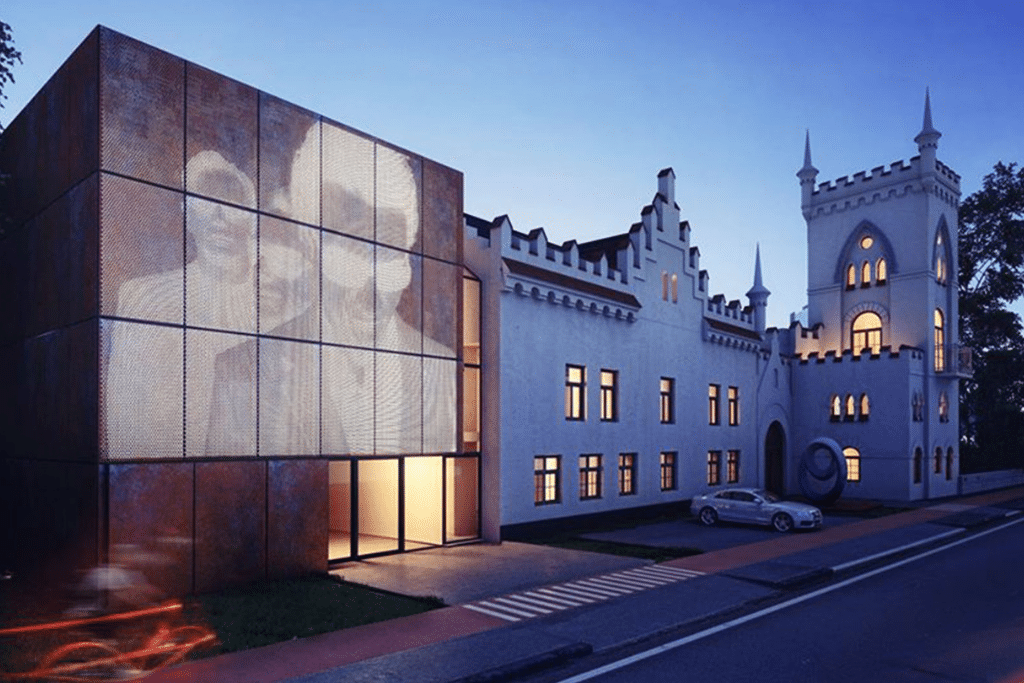
Strategic Advice and Training for Jam Factory, Lviv, Ukraine
A philanthropist and his creative team are opening a mid-scale, international, contemporary arts centre in Lviv on the site of a former Jam factory.
The vision for the new centre will mean that it will be the first of its kind in Ukraine, resulting in the need to carefully consider, learn about and develop almost everything about it and its operation.
The Jam Factory team wanted assistance, support and advice on areas such as strategy, governance, budgeting, organisational structure, decision-making, commercial activities and technical specifications.
In 2022 the team faced the further major challenge of how to manage and plan the opening of an arts centre in a time of war.
Olivearte was engaged to provide ongoing support, assistance and advice from two years prior to the planned opening of the centre. This included facilitating workshops on the vision and core purpose of the centre, working together with the team on developing the programme, governance, decision-making, organisational structure, budget and assisting in the development of a revised strategy to take into account the issues, consequences and effects of the war. We also mentored the two executive directors of the organisation throughout the contract period.
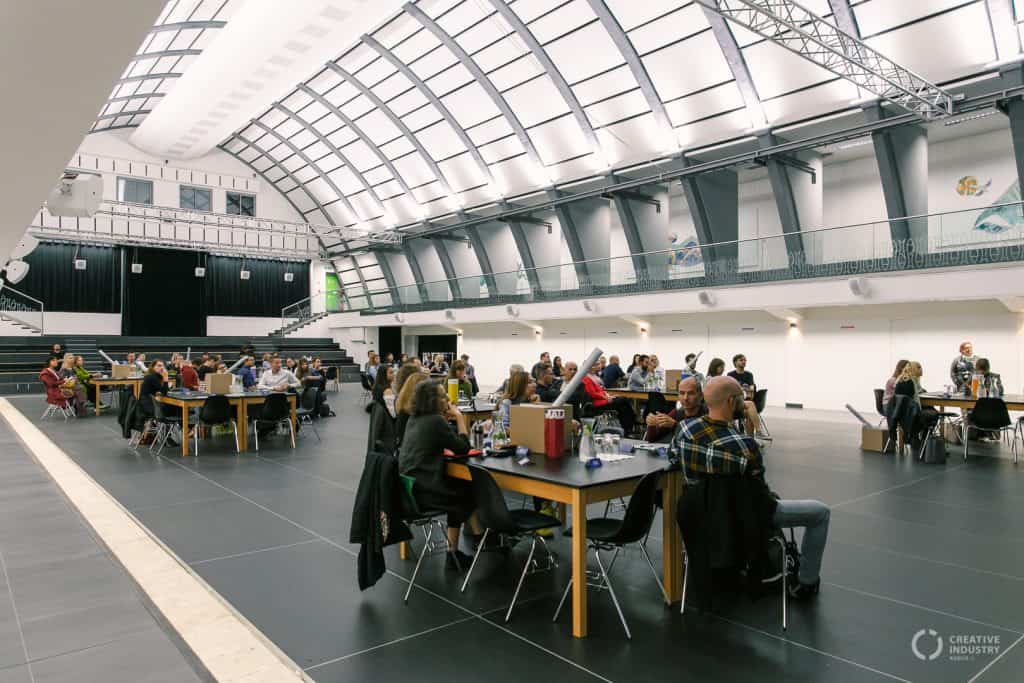
Creative Startup Development for CIKE, Kosice, Slovakia
Creative Industry Kosice (CIKE) is a legacy project of Kosice’s European Capital of Culture, 2013. A large part of what CIKE does concerns building cultural capacity within the community. Olivearte has worked with CIKE from its inception, especially through a programme called Escalator, which seeks to support arts and culture startups with their long-term sustainability. This takes the form of mentoring, training and planning for the future. In 2017 the programme went from dealing with Kosice city alone to a national programme.
To assist arts and culture startups with their long-term sustainability across Slovakia, taking into consideration that Slovakia is a relatively young country, with a new generation of cultural entrepreneurs. There is little or no tradition of independent cultural initiatives in Slovakia while, at the same time, there are exciting new ideas and projects. The challenge is to provide this new generation with the tools and skills necessary for their survival and long-term sustainability.
Over the years, Olivearte has supported fashion designers, cultural centres, art galleries and museums, performing arts companies, gaming companies, community arts organisations and cities of culture, among others. Once the participants have been chosen from a nation-wide call, they enter a year-long programme of training, mentoring and future planning. Each participant is assigned a mentor, who then guides and follows their mentee throughout the year. Initially, each participant engages in an in-depth assessment of their project, which results in a report recommending priority areas for attention. These priority areas are then combined into group training workshops and tailor-made supports.
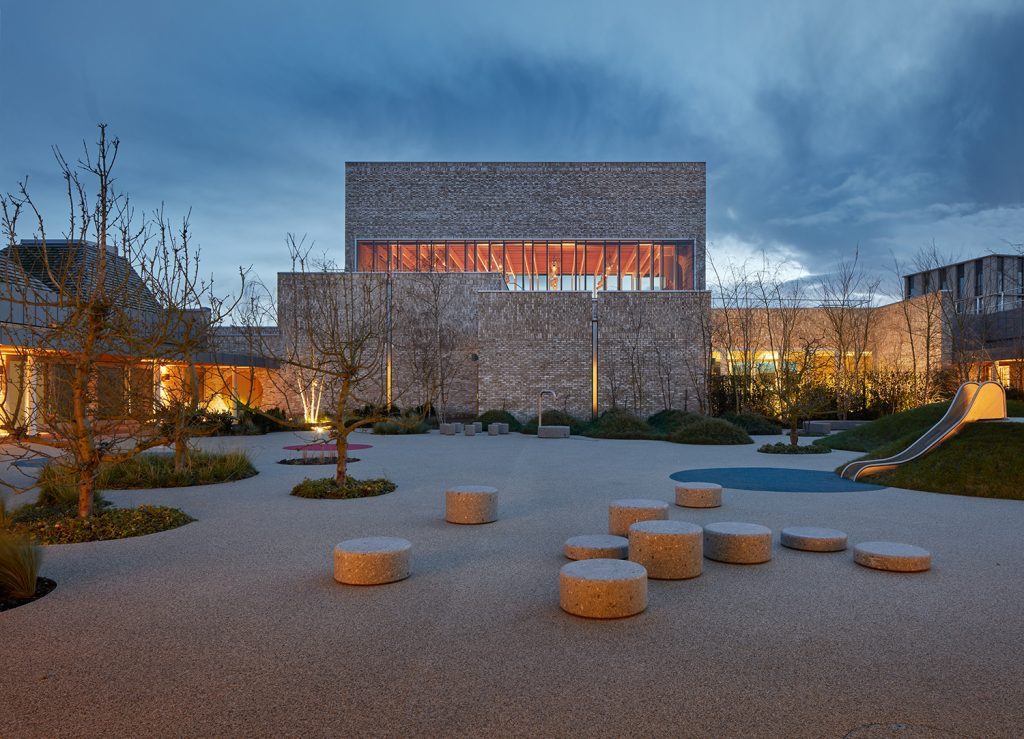
Strategic Options for Storey’s Field Centre, Cambridge, United Kingdom
After two years since opening, this University built and co-managed new arts and community centre wanted a 360-degree review of its performance to date and a range of strategic options for its future governance, management, programme, business model and vision.
The centre was constructed as part of a planning obligation by Cambridge City Council to Cambridge University for The North West Cambridge Development, which was constructed as an answer to a need for future expansion space that would allow the University to maintain its excellence in research and teaching. This meant that the centre was not developed due to an identified need or a specific community or audience, and so had to find a role and purpose for itself within a new community of mainly post-graduate researchers.
The challenge was then how to identify and propose what the centre could be in the future that would satisfy the requirements, policies and budgets of both the University and the City Council, that differed in many areas.
We first conducted over twenty in depth interviews with the centre’s key staff, trustees, City council officers and politicians, University officer’s, centre user’s and promoter’s, competitors and the directors of city-based arts organisations to gain a thorough understanding of the different stakeholder’s views and aspirations for the centre.
This, together with desktop research and a detailed review and analysis of the centre’s past two years operation, provided us with a comprehensive understanding of the past and current key issues, and the possible future options for the centre. This resulted in us proposing four different strategic options for the future of the centre.
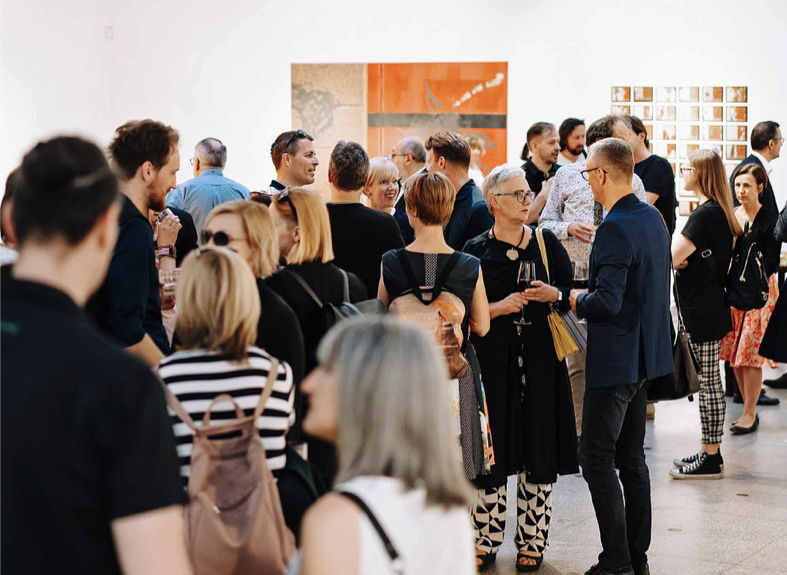
Kaunas2022 Audience Development Programme, Kaunas, Lithuania
This European Capital of Culture wanted us to support 20 of its local and partner cultural organisations in developing and increasing their audiences, working with them from three years prior to the ECOC year.
The concept of Audience Development is relatively new in Lithuania and many of the organisations we worked with had not previously engaged with this topic and area of work.
Also, the organisations on the programme were very diverse covering most art-forms, had very different scales of operation and included public institutions, not-for profit NGO’s and private companies.
The challenge was then to construct and deliver a programme that would meet the differing needs of all of the participants and also be practical, relevant and useful for them.
We designed a programme with our partners, Impact Foundation, that included an introduction to the concepts and theories of Audience Development (AD), but also placed the practice and process of AD within and directly related to the overall strategies, plans and vision of the participant organisations.
The programme’s delivery methodology included on and off-line workshops, mentoring, training sessions, peer-to-peer learning and supporting the participants in the production of an audience development plan or strategy.
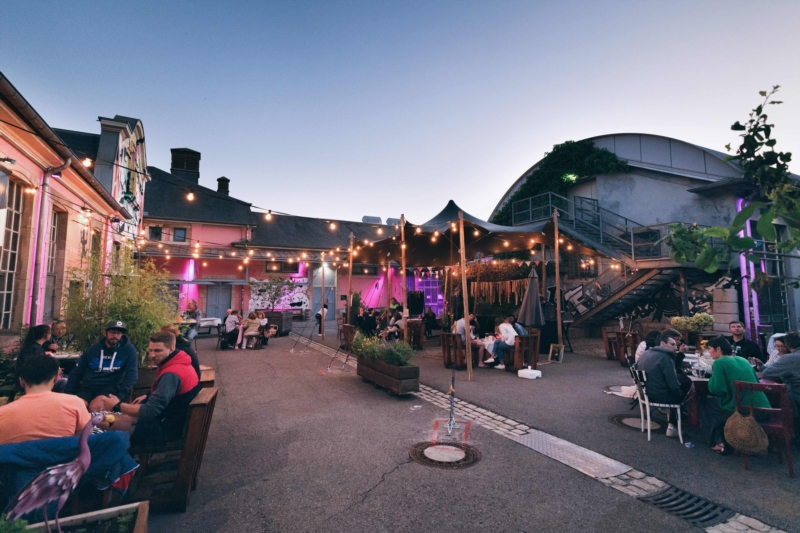
Development Plan for Kulturfabrik, Esch-sur-Alzette, Luxembourg
After twenty years of growing Kulturfabrik from its struggles to create a cultural centre in the former slaughterhouse of Esch-sur-Alzette, Kufa decided to seek help in moving into a new phase of development. Olivearte was engaged in 2018 to assist Kufa build for the future, which meant an intensive analysis of the centre’s operation, all leading to a renewed vision for the next ten years.
Kulturfabrik had grown since its founding in 1998 to become one of Luxembourg’s most dynamic and influential cultural projects. In order to maintain this leadership role, especially in the face of major changes planned for the future of Esch-sur-Alzette, where Kufa is based, Kufa needed to build on its past but also to reinvent itself in readiness for this future. The challenge was to reinvent Kufa, without losing its ethos and values, in a way that made it relevant and central to the ongoing cultural life of Esch-sur-Alzette.
Olivearte worked with Kulturfabrik to produce a Development Plan, which meant a thorough engagement with every aspect of Kufa’s operation. Over a two-year process, we worked in situ and online, which began with Olivearte’s unique ‘stocktake’ methodology and continued with an in-depth analysis of all aspects of Kufa’s operation. Based on this research, Kufa was assisted in producing a development plan for the organisation. In addition, Olivearte stayed onboard after the publication of the plan to help Kufa with its implementation.
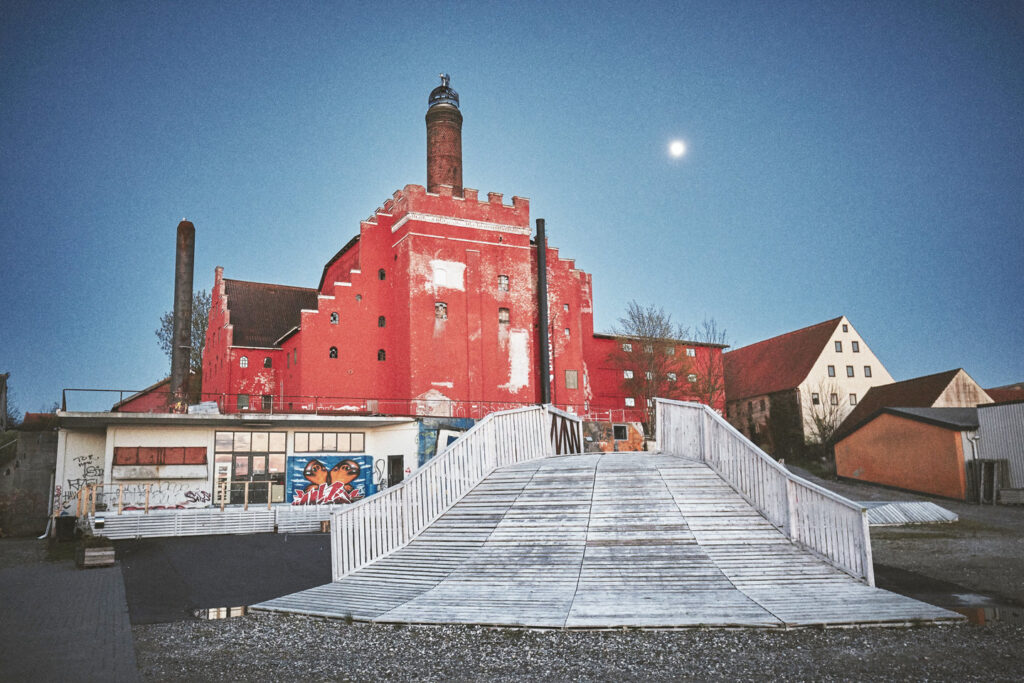
Creative Europe application for Maltfabrikken, Ebeltoft, Denmark
Maltfabrikken in Ebeltoft is a multidisciplinary cultural centre. Based in an iconic red building, the old malt factory was rescued from demolition by a groups of activists and turned into an award-winning creative powerhouse. The centre hosts a public library, a museum, a co-working space, a microbrewery, a restaurant, a youth club, an international artist residency, exhibitions, festival, etc.
As part of its new internationalisation strategy, Malfabrikken brought together an international partnership to develop new strategies to improve their audience development programmes, and particularly attracting new audiences which are often not taking part in cultural activities.
We guided and supported Maltfabrikken in designing an audience development project and writing a Creative Europe grant application around the topic of commensality, as as a innovative strategy for cultural organisations to widen, deepen and diversify their audiences to the benefit of cultural participation and social cohesion.
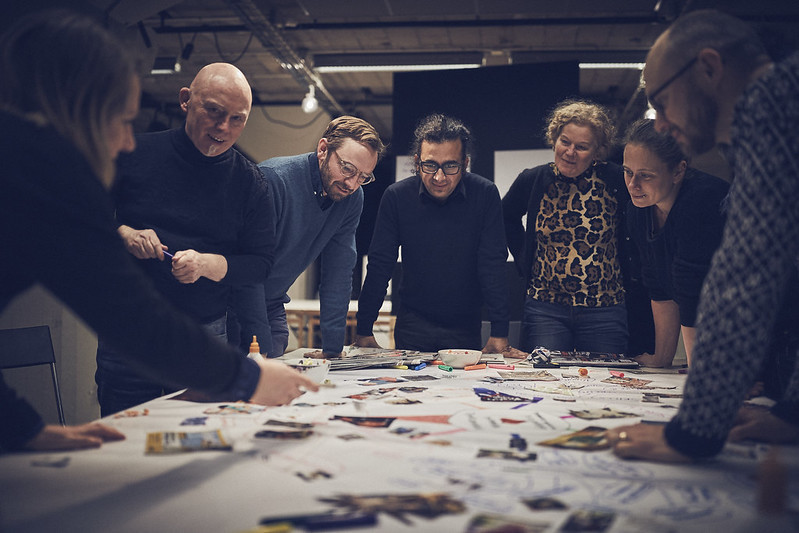
Grant writing and project management for TEH, Sweden
Trans Europe Halles (TEH) is the European network of non-governmental cultural centres. Established in 1983 in Brussels—and co-funded by the European Commission—, it currently brings together 135 member organisations in 39 different countries across Europe, from Spain to Georgia.
Trans Europe Halles coordination office’s small team required trustworthy external support on project design, grant writing and project management.
We successfully supported Trans Europe Halles’ fund-raising and project management efforts concerning the EU-funded projects Engine Room Europe (2011-2014), Creative Lenses (2015-2019) and Rebuilding to Last (2022-2024), as well as other projects financed by local donors, such as Creative Business Models (2014-2015).
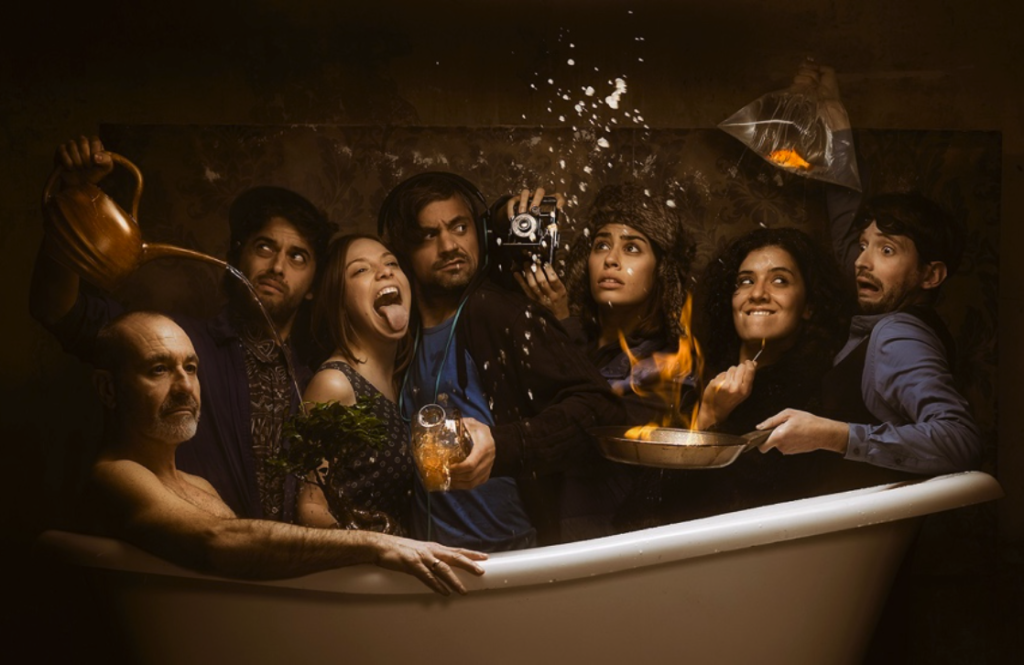
International touring plan for Projecte Ingenu, Barcelona, Spain
Since its founding in 2014, theatre company Projecte Ingenu has produced immersive, award-winning, shows uniquely based on the Slow Movement philosophy, allowing environmental, community and current events to permeate their work. Their approach is to produce theatre as a living art, capable of reshaping new forms of human relationships.
To expand Projecte Ingenu’s touring potential beyond Catalunya and Spain, particularly across the rest of Europe, building their reputation and sustainability into the future.
To research the possibilities for European touring and then to compile a database of potential venues for the company, naming criteria and contacts. Then to assist with producing a touring plan, along with approaches, timelines and strategies.
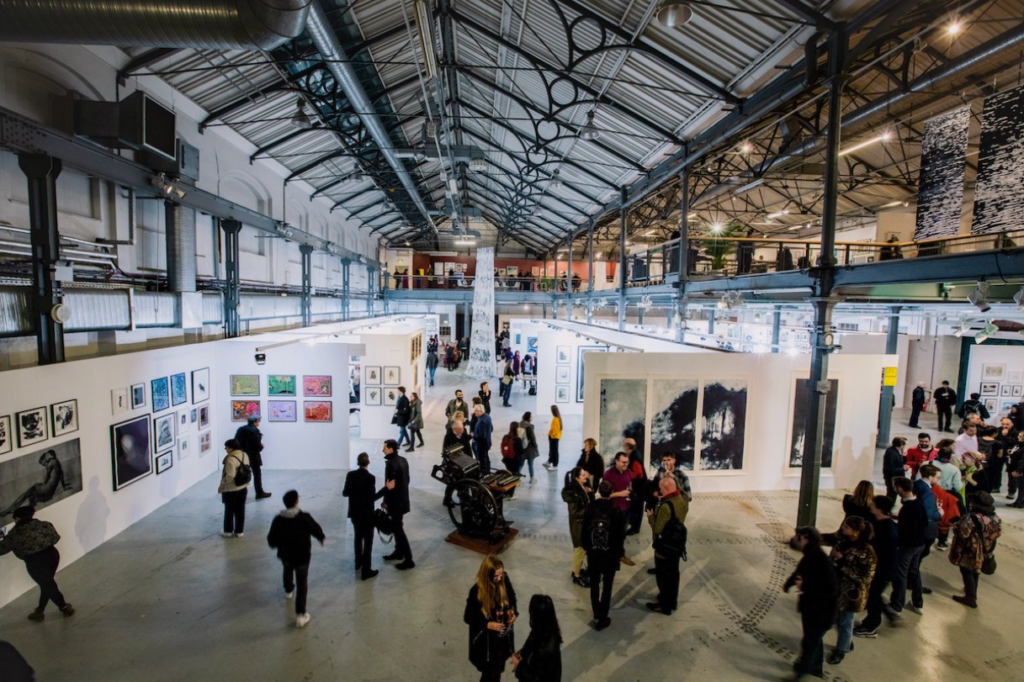
Business plan for Woolwich Contemporary Print Fair, London, UK
Presented for the first time in 2016, WCPF is now the largest contemporary print fair in the UK and attracts thousands of visitors to the four-day event. The work on display is chosen from both an open call and invitations to significant artists and quality is of the utmost importance. This is evident at the fair, as exciting emerging artists exhibit alongside well-known names, such as Tracy Emin, Norman Ackroyd and Frank Auerbach.
To help Woolwich Contemporary Print Fair and its parent company Brocket Gallery to achieve sustainability and viability.
Through a combination of training and mentoring, to help WCPF and Brocket produce and implement a long-term business plan.
